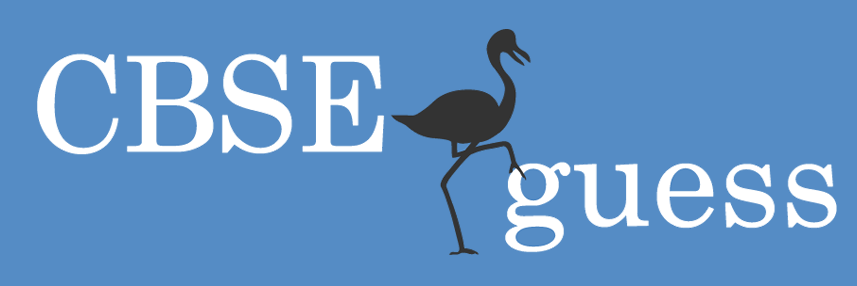How to use Online Dictionary
Dictionaries are awash with words. Online resources – such as the excellent Merriam-Webster – use a variety of functions to help give the user accurate and useful results. In this article, we will discuss these functions, providing tips and ideas for getting the most from online dictionary usage.
When Unsure Of Exact Spelling Of Word(s)
If you are searching for a particular word, but are unsure of the exact spelling, online dictionaries allow you to type in the letters you do know, with the ‘?’ symbol inserted in spaces where you are unsure which letter to type. For example, if you are unsure of the spelling for education, you could type educa???n
If You Want To Look For Related Words/Terms
You can use online dictionaries to search for related words or terms. For example, if you wanted to look at a compilation of words that start book, type book* and you will be returned results such as bookworm and bookmobile. You can use the asterisk before the word as well to return related words that end in ‘book’: workbook for example.
Searching For Multiple Word Phrases
Online dictionaries allow users to search for multiple word phrases such as cockles of the heart and daylight saving time. Type words using a ‘+’ symbol to indicate that you are searching for a combination of the words: American+sign+language.
What Font Should I Use?
Online dictionaries will have their own preset fonts, and it doesn’t matter whether you type in capitals or not: tuiTION is the same as tuition.
Read Notes Provided, Including Pronunciation Guide(s)
Some dictionaries will have their own pronunciation guides, so read any user information they provide with their search facility. Many online dictionaries also provide etymology and usage notes. These are very useful, so read the notes provided carefully.
An excellent site to practise online searching is the Encyclopedia Britannica website.
Submitted By: mrs. S. Sinha (New Delhi)
